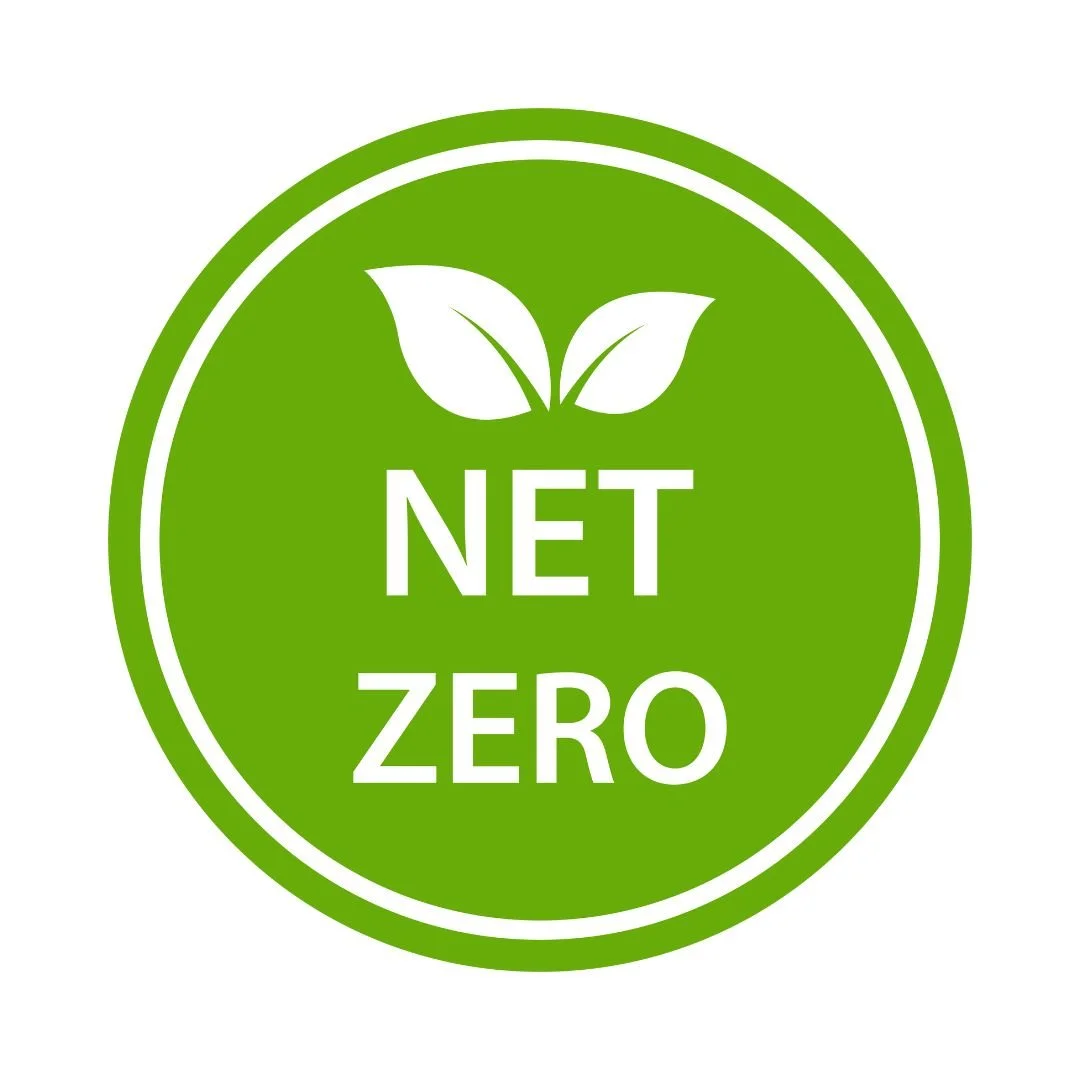Meet Natalie Mayes - Our New Net Zero Officer
/Natalie Mayes
Natalie has joined Supporting Communities in the new role of Net Zero Officer. She is a student in her third year studying environmental science at Ulster University and will be working with us as part of her degree.
Natalie’s practical experience year will be spent investigating and developing a long-term plan for our organisation to become net zero, as well as educating us all on what that actually means!
Natalie explains that one of the roadblocks to net zero in Northern Ireland is the lack of understanding around the topic.
She says, “While I only have twelve months to help increase knowledge of net zero, I hope this small piece of work will make a significant impact in the long run. I plan on meeting with both community groups and social businesses to find out what they already know and show them how a few small changes can help them reduce their carbon footprint and energy costs.
Natalie will also be researching ways the housing sector is making a difference by retrofitting tenant’s houses, improving insulation, and installing heat pumps.
What is ‘Net Zero’?
Net zero refers to the balance between the greenhouse gas emissions produced vs. those taken out from the atmosphere.
Net zero is achieved when the amount of carbon dioxide produced is no greater than the amount removed. The idea is to reduce the amount of human-caused emissions as much as possible and then remove carbon emissions from the atmosphere with initiatives such as reforestation or direct carbon removal.
Net zero for an organisation or group means achieving zero carbon emissions through its operations and activities. For example, here are some ways a community group can work towards net zero:
Energy use - Switch to renewable energy sources like solar panels or green utility providers for any facilities. Install energy-efficient lighting, heating, and appliances.
Travel and transport - Encourage staff, volunteers and participants to walk, bike, take public transport or carpool for events and meetings. Support electric vehicle use. Minimize air travel.
Waste - Initiate recycling and composting. Use reusable rather than disposable cutlery, dishes, and decorations for events. Avoid single-use plastic.
Food - Offer plant-based meal options. Source locally produced ingredients to reduce transport emissions.
Materials - Use recycled paper or go paperless. Rent, borrow or buy used equipment and supplies instead of new.
Carbon offsets - Invest in certified carbon offset projects to counterbalance unavoidable emissions.
Community education - Promote sustainability initiatives and low-carbon lifestyle choices through programming.
Partnerships - Collaborate with local environmental groups or businesses to enhance impact.
Measurement - Track and analyse emissions over time to identify reduction opportunities.
Achieving net zero requires reducing emissions as much as possible first before offsetting the remainder. It demonstrates an organisation’s commitment to environmental sustainability and leadership.









